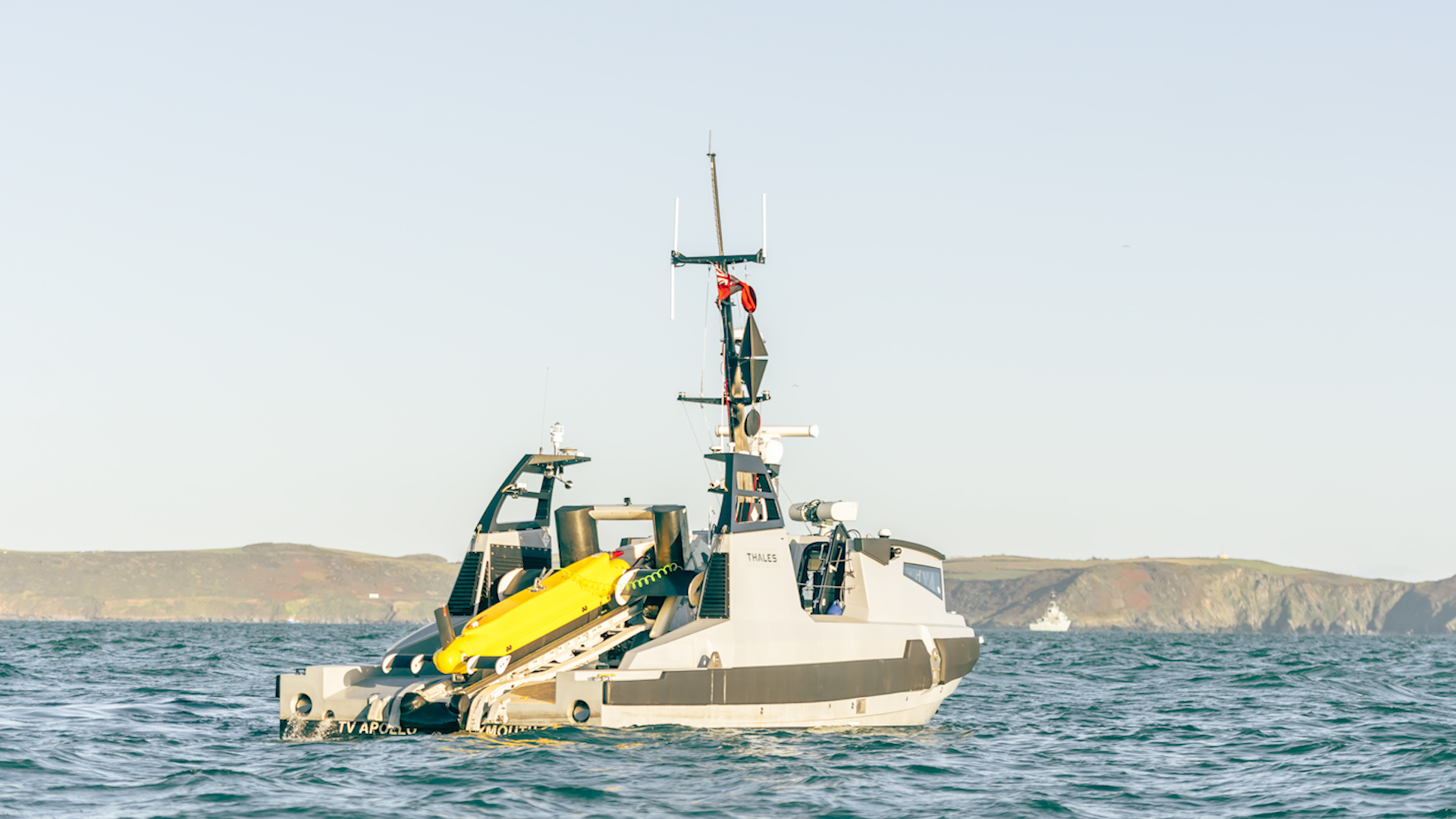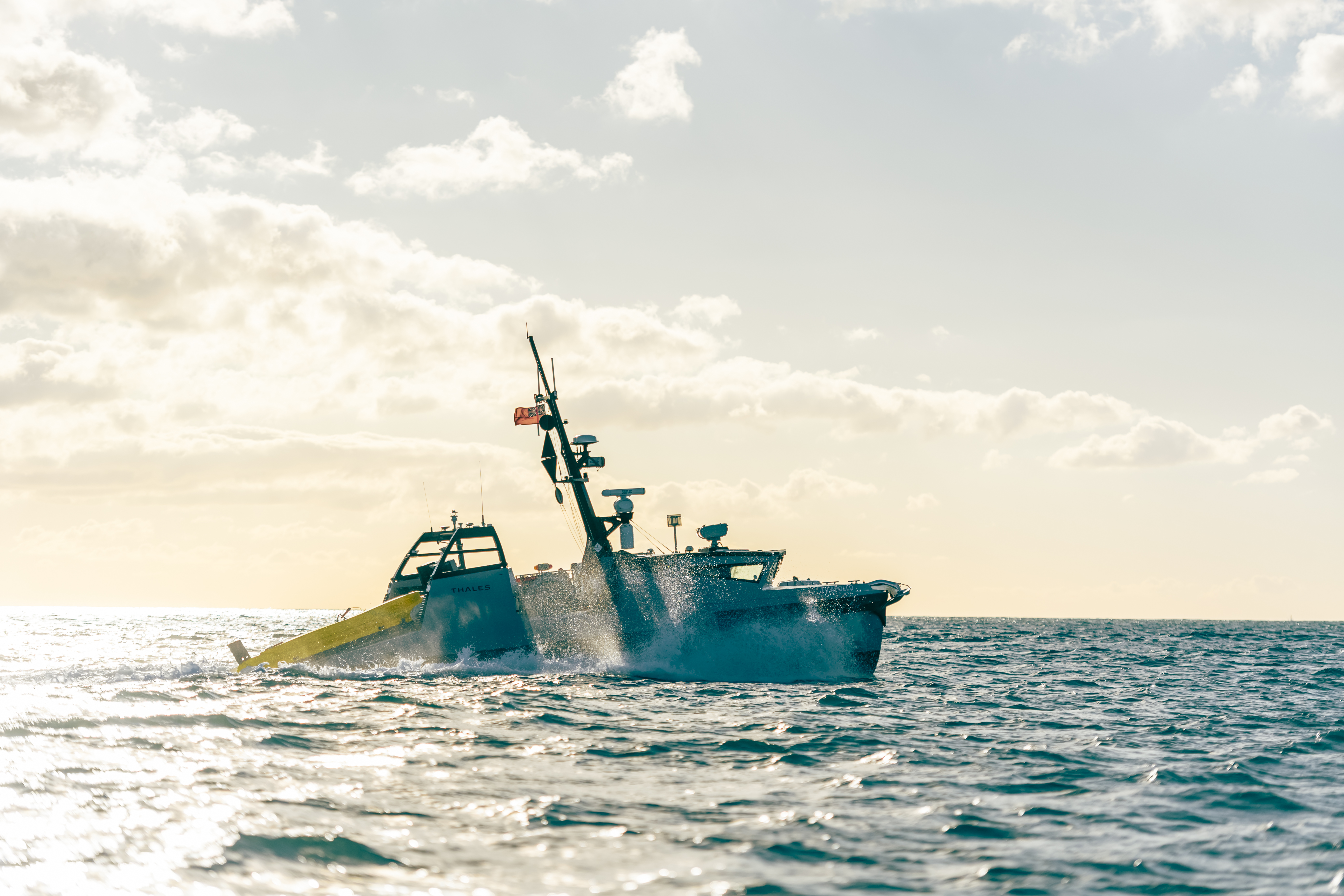
UK Invests £184m In Joint Autonomous Minehunting Programme

The UK is investing £184m in a programme for autonomous minehunting systems.
The joint Maritime Mine Counter Measure (MMCM) project with France aims to create new systems to detect and neutralise sea mines, helping to keep naval personnel and vessels safe.
The Ministry of Defence (MOD) says the contract will support 215 jobs around the UK, at Thales sites in Somerset and Plymouth, as well as the wider supply chain including L3 Harris in Portsmouth, Stonehaven in Aberdeenshire and Alba Ultrasound in Glasgow.
The investment comes after the Prime Minister set out a £16.5bn increase to the MOD budget over the next four years.
Speaking at the virtual Franco-British Council Defence Conference, Defence Secretary Ben Wallace said: "This £184m contract offers a huge leap forward for the Royal Navy’s autonomous capabilities in the detection and defeat of sea mines.
"As the Armed Forces puts modernisation at the heart of its future strategy, these systems will protect vital shipping lanes, commercial traffic and our brave personnel from these deadly devices.
"The programme also underpins a deep and ever-strengthening relationship with France and marks the 10th anniversary of the Lancaster House treaties between our two nations."

First Sea Lord, Admiral Tony Radakin, said: "I am enormously excited by the potential of the future minehunting capability.
"This will allow us to deliver minehunting more effectively, more efficiently and more safely, and to integrate even more closely with our French counterparts in this important area."
The first equipment sets are due to be delivered in late 2022 and will undergo operational evaluation before entering service with the Royal Navy, the MOD said.
The latest commitment to UK-France cooperation comes after a new 10,000-strong Combined Joint Expeditionary Force (CJEF) of British and French troops was declared fully operational.
Cover image: Minehunting vessel (Picture: MOD).









